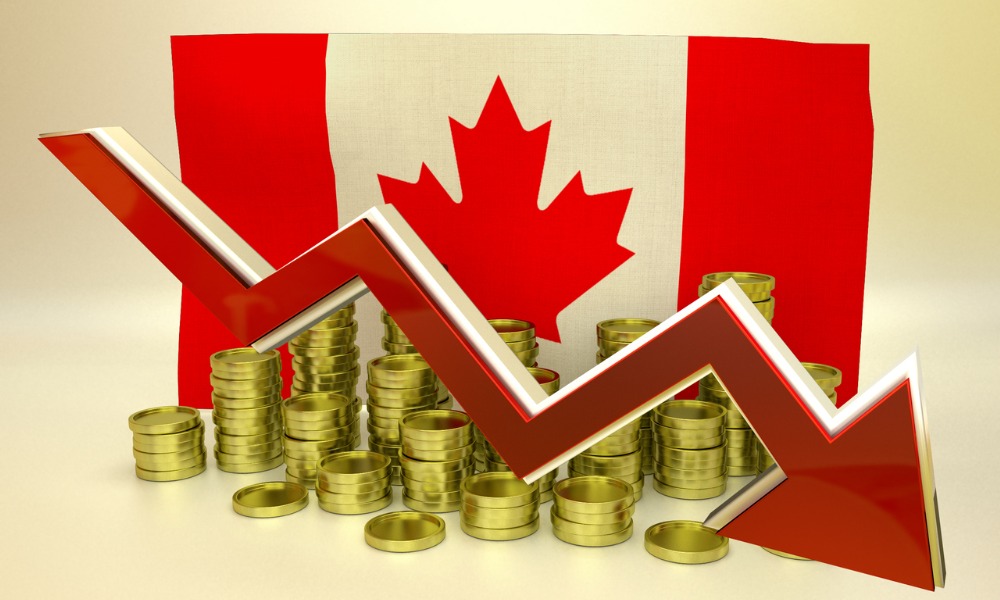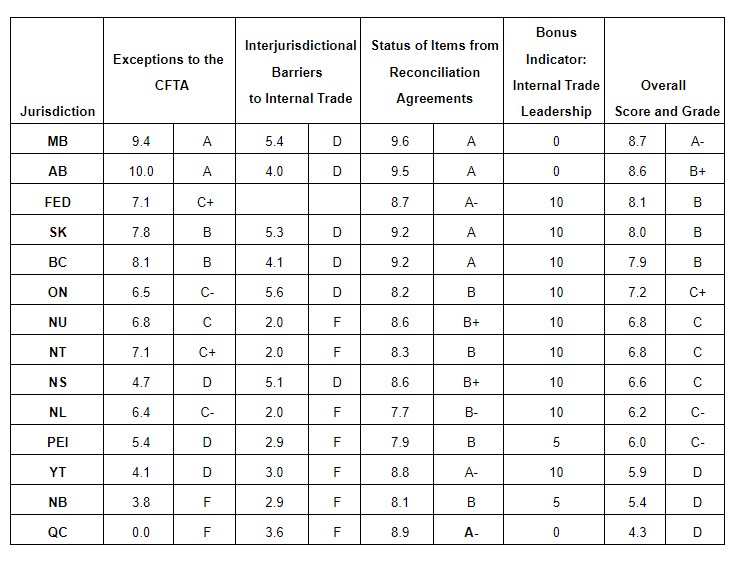
CFIB suggests several solutions to resolve trade barriers

The Canadian Federation of Independent Business (CFIB) says Canada’s productivity is lagging behind its G7 counterparts.
The organization is pressing the national and provincial governments to remove all internal trade barriers to resolve the issue.
Keyli Loeppky, director of Alberta and interprovincial affairs of CFIB, said that removing the trade barriers would pump an additional $200 billion into the country’s economy, yearly.
“Amid soaring business costs, inflationary pressures, high interest rates, and persistent labour shortages, the need to remove barriers is more urgent than ever. Doing so will expand choices for goods and services, secure supply chains, and make life more affordable for all Canadians,” Loeppky said.
This year’s Interprovincial Cooperation Report Card evaluated governments on their progress in three key areas:
The report also included a new “bonus” indicator to measure government leadership beyond these categories. Overall grades range from disappointing Ds to commendable Bs and just one A-, with some individual area grades being higher.

Source: CFIB
But Jairo Yunis, director for BC and western economic policy for CFIB, noted that although some positive steps were taken by the authorities — including the federal government's recent efforts to reduce trade barriers and enhance data availability, the launch of the RCT's online portal for Canadians to identify regulatory barriers, and the Atlantic provinces' new Technical Safety Agreement — the overall progress has been minimal.
Furthermore, CFIB is also urging governments across Canada to immediately adopt mutual recognition, which means if a business meets health and safety standards in their home province, those standards should be recognized by any other province or territory.
"Why is it easier and cheaper to export food to neighbouring countries than to neighbouring provinces or territories? We need to put ourselves out there and compete with the rest of the world instead of competing amongst ourselves," said Loeppky.
“Governments owe it to Canadians, who are currently undergoing an affordability crisis, to aim higher than mediocrity. To do this, governments must remove barriers and move forward with mutual recognition.”
Have something to say about this story? Leave a comment below.